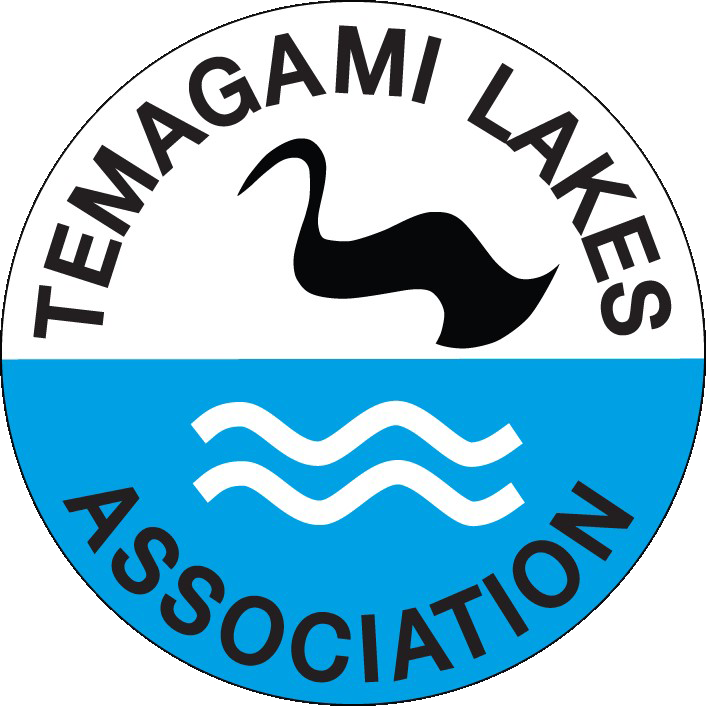-
Lake Temagami Waste Disposal + Recycling 2025
1. LAKE TEMAGAMI ACCESS POINT TRANSFER STATION: end of Lake Temagami Access Road SUMMER HOURS: Canada Day Week-end to Labour Day 7:30 a.m. to 4:00 p.m., seven days-a-week LONG WEEK-END HOURS:May Long Week-end and…
-
-
Guest Speaker for TLA “Annual General Meeting” (Saturday, July 26, 2025)
Dear TLA Members: We invite you to attend the AGM on Saturday, July 26, 2025 (9:30 a.m. to 1:30 p.m.). If possible, please confirm your attendance by Friday, July 11th (to help with…
-
“TLA Summer BBQ” (Saturday, July 5, 2025)
Dear Members: Just a remindeer that the “TLA Summer BBQ” will take place on Saturday, July 5, 2025 from noon to 2:30 p.m. at the TLA building (rain date: Sunday, July 6th). Here…
-
Municipality of Temagami – Council Working Session: Thursday, June 26, 2025 (6:30 p.m. Eastern)
Agenda + Information Package Links: https://pub-temagami.escribemeetings.com/Meeting.aspx?Id=d9d3e846-1d37-42f5-9595-5eed15446503&Agenda=Agenda&lang=English Zoom Link: https://us06web.zoom.us/j/83555857948 (ID: 835 5585 7948) Some Potential Topics of Interest to TLA Members: Item 6.2: 2025-M-154 – Award Recommendation Tender C-2025-01 – Stevens Road, Fox Run Road &…
